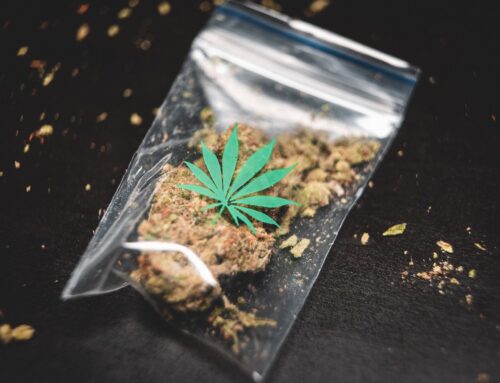Driving while intoxicated (DWI) is a serious offense in Texas, and it is crucial to understand how blood alcohol concentration (BAC) can impact a DWI arrest. BAC is the amount of alcohol in a person’s bloodstream, and it is measured as a percentage by weight of alcohol per volume of blood. In Texas, the legal BAC limit for driving is 0.08%, and exceeding this limit can result in a DWI arrest.
Penalties based on Blood Alcohol Content
The level of BAC can significantly impact the severity of a DWI charge. In Texas, a first-time DWI offender with a BAC of 0.08% to 0.149% can face a fine of up to $2,000, up to six months in jail, and a suspension of their driver’s license for up to a year. A first-time offender with a BAC of 0.15% or higher can face a fine of up to $4,000, up to a year in jail, and a license suspension for up to a year.
In addition to the legal consequences, a high BAC can also affect the outcome of a DWI case. When a person’s BAC is above the legal limit, it can be difficult to argue against a DWI charge. The prosecution can use the BAC evidence as proof of intoxication and show that the defendant was impaired while driving.
Moreover, a high BAC can also affect the outcome of a plea bargain or plea agreement. In some cases, a defendant may plead guilty to a lesser offense or receive a reduced sentence in exchange for pleading guilty. However, a high BAC can limit the options for plea bargains, as it may be challenging to argue for a reduced sentence when the BAC is significantly above the legal limit.
It is essential to note that BAC levels can vary depending on several factors, such as gender, weight, and the amount of alcohol consumed. For instance, a woman may have a higher BAC level than a man of the same weight and drinking the same amount of alcohol. Therefore, it is crucial to be aware of your alcohol intake and avoid driving if you have consumed any alcohol.
There are potential issues that can arise during the testing process. Some of the potential issues are the following:
Contamination of the sample
One of the most significant issues with a blood alcohol test is the potential for contamination of the sample. If the blood sample is not collected, stored, or transported correctly, it can become contaminated, resulting in inaccurate results. Contamination can occur if the sample is not collected in a sterile environment, if the sample is not stored at the correct temperature, or if the sample is mishandled during transport.
Human error
Another potential issue with a blood alcohol test is human error. Blood alcohol tests require careful handling, and if the person administering the test is not adequately trained, they may make mistakes that can affect the accuracy of the results. For example, if the person administering the test fails to properly clean the injection site, it can lead to contamination of the sample.
Time between alcohol consumption and testing
The time between alcohol consumption and testing can also impact the accuracy of the results. Alcohol is absorbed into the bloodstream over time, and the level of alcohol in a person’s blood can continue to rise even after they have stopped drinking. If there is a significant delay between alcohol consumption and testing, the results may not accurately reflect the person’s level of intoxication at the time of driving.
Medical conditions or medications
Certain medical conditions or medications can also affect the results of a blood alcohol test. For example, if a person has diabetes, their blood sugar levels may affect the accuracy of the test. Similarly, some medications, such as cough syrups or mouthwashes, may contain alcohol and can lead to a false positive result.
Improper testing procedures
Finally, improper testing procedures can also impact the accuracy of a blood alcohol test. If the testing equipment is not properly calibrated, it can produce inaccurate results. Similarly, if the blood sample is not properly stored or analyzed, it can lead to inaccurate results.
Blood alcohol tests are an essential tool for determining the level of alcohol in a person’s bloodstream. However, there are potential issues that can arise during the testing process, including contamination of the sample, human error, time between alcohol consumption and testing, medical conditions or medications, and improper testing procedures.
BAC levels can significantly impact a DWI arrest in Texas. Exceeding the legal BAC limit can result in severe legal consequences, and a high BAC can limit the options for plea bargains or plea agreements. Therefore, it is crucial to be aware of the legal limit and avoid driving if you have consumed any alcohol. If you are facing a DWI charge, it is essential to consult with an experienced DWI attorney to understand your legal options and potential outcomes.





